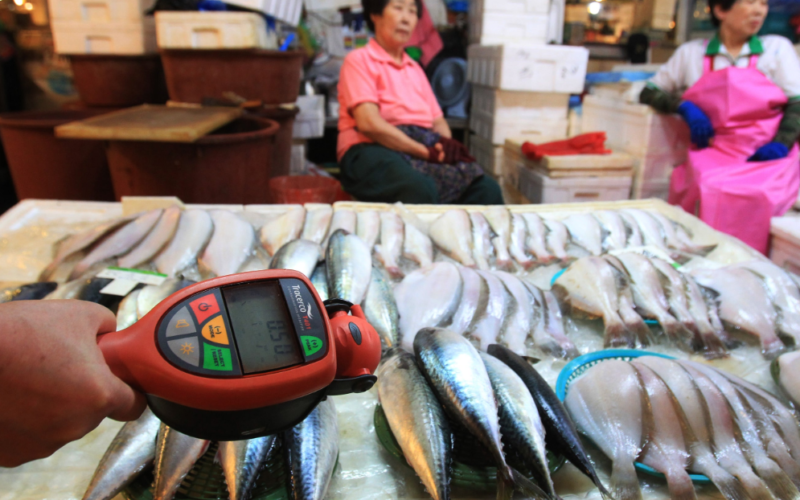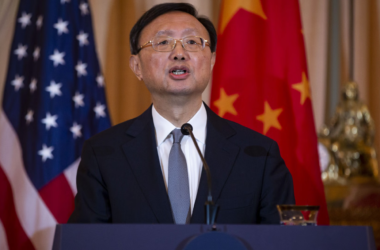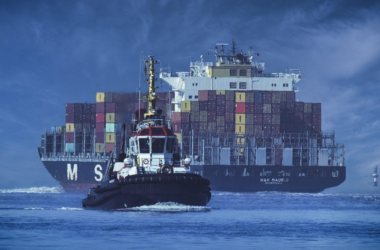In a bid to substantiate Japan’s safety assertions regarding its seafood, United Nations (UN) inspectors recently conducted sampling at a fish market near the Fukushima nuclear power plant. This initiative comes in the wake of the release of wastewater from the damaged facility in August, which has raised concerns and led to import bans on Japanese seafood by China and Russia. Japan contends that its seafood remains safe for consumption, a stance that has received support from the International Atomic Energy Agency (IAEA).
Central to Japan’s argument is the assertion that the discharged water has undergone a filtration process using their advanced ALPS technology, which successfully removed radioactive elements, with the exception of tritium, while also being diluted with seawater. Moreover, Japan has reported that extensive testing has confirmed tritium levels within acceptable safety limits.
The sampling operation conducted by UN inspectors at the Fukushima fish market carries significant implications. It provides an impartial assessment of the safety and quality of seafood originating from the region, with the results set to play a pivotal role in influencing international decisions on seafood imports from Japan. In light of China and Russia’s import bans and their demands for rigorous verification, the UN inspection results hold particular importance.
Japan’s utilization of ALPS technology for treating wastewater is a critical aspect of their safety claims. The efficacy of this technology in eliminating radioactive contaminants while retaining safe tritium levels remains under scrutiny. This scrutiny underscores the importance of international organizations like the UN and the IAEA in independently evaluating Japan’s safety assertions.
The final verdict on the safety of Fukushima seafood hinges on the forthcoming findings from the UN’s inspection. The impartiality and credibility of this assessment can serve as a guiding beacon for international decisions regarding Japanese seafood imports, ensuring that consumers worldwide can confidently make informed choices. Japan’s commitment to transparency and accountability in this matter, demonstrated through its cooperation with international bodies, paves the way for resolving global concerns related to the aftermath of the Fukushima nuclear disaster.








